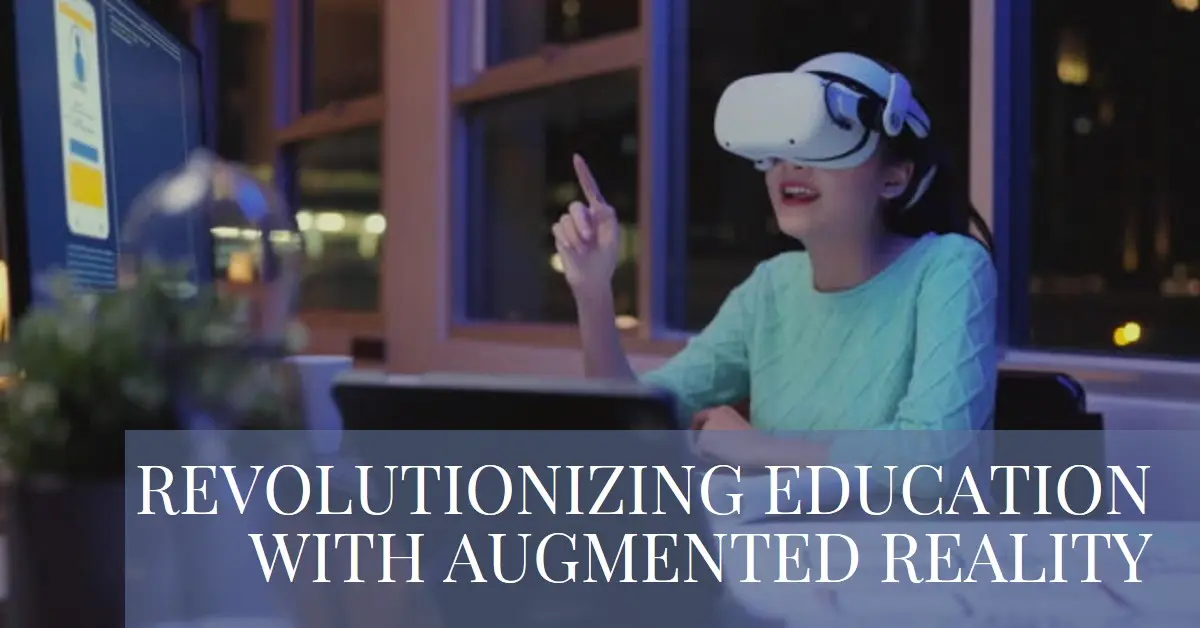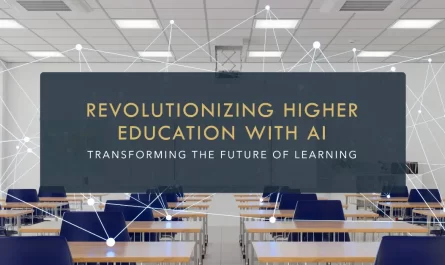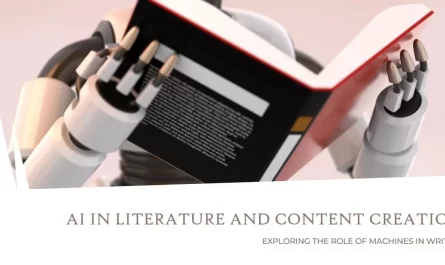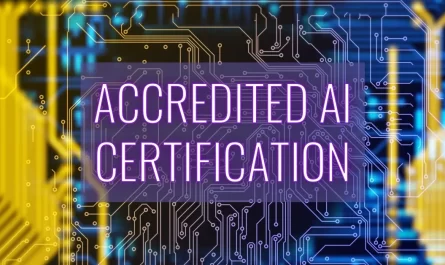The classrooms aren’t boring anymore. Learning is coming alive before the eyes, with textbooks transforming into interactive experiences. Augmented reality has kicked off a digital transformation that has had an impeccable impact on the education sector.
Recent technological advancements via AR integration are offering students immersive learning opportunities. It is revolutionizing the delivery of educational content. With AR, learning has become interactive, dynamic, and engaging for students of all ages.
This post will discuss the impact of AR in the education industry and what 2024 has in store for all.
How Augmented Apps are Revolutionizing the Education Sector?
AR technology has proved to be a groundbreaking tool in education, turning traditional teaching methods into advanced learning experiences. AR apps, specifically, are interactive ways to engage students. Here’s how AR apps can benefit students and educators:
Next-Level Learning Experiences
AR apps offer enhanced learning experiences to students by bringing educational content to life. A few years ago, it was unimaginable to imagine a world where learning could be intuitive and interactive. AR apps can give meaning to abstract concepts and make them tangible by adding hands-on exploration.
Interactive Approach to Learning
One of the prime advantages of AR apps in education is their ability to engage students and encourage active participation in learning. AR apps allow students to interact with virtual objects, conduct experiments, and explore complex concepts in 3D. It helps students cultivate curiosity and creativity.
Personalized Learning
It’s the age of hyper-personalization. Any augmented reality app development company would want to build apps that can cater to individual students’ needs and preferences. AR apps empower educators to customize content, set difficulty levels, and offer real-time feedback to students. Such apps aim at offering ease and learning autonomy to students.
Accessibility and Inclusivity
Education is for all. This isn’t a great thought anymore because many augmented reality app development companies are making education more accessible and inclusive for students with different learning needs. AR apps offer information visually and interactively. These apps cater to different learning models and allow all students to participate actively in the learning process.
Real-World Applications
A capable augmented reality app development company can bridge the gap between the classroom and the real world by developing apps where practical learning is possible. Whether it’s exploring historical landmarks, conducting virtual science experiments, or practicing language skills in immersive environments, AR apps provide opportunities for authentic learning experiences.
Collaborative Learning
When you choose a reputed augmented reality app development company to develop your EdTech app, you open the gate for collaborative learning experiences. Usually, any experienced augmented reality app development company knows what it all takes to build an interconnected app. By fostering collaboration and teamwork, AR apps prepare students for success in a collaborative, interconnected world.
Educator Empowerment
Educators, too, need the power of innovation to upgrade their teaching practices. Student engagement and learning are two-way streets. With access to a wide range of AR content and tools, teachers can make interactive learning a reality.
AR apps are impacting the education sector by providing enhanced learning experiences, promoting interactivity and engagement, facilitating personalized learning, enhancing accessibility and inclusivity, connecting learning to real-world applications, fostering collaborative learning, and empowering educators to innovate their teaching practices. As AR technology continues to evolve and become more accessible, its potential to transform education and inspire the next generation of learners is limitless.
How are AR Apps catering to the Special Needs?
Autism is real. So do all the other special needs of students. There are students out there with disabilities. Education for them has always been a challenging aspect. There are little to no educational aids to facilitate their learning. Augmented reality (AR) presents a unique opportunity in special education, offering tailored and interactive learning experiences for students with diverse needs.
There are significant benefits of AR for students with disabilities, with apps converting text to speech helping kids with dyslexia. There are more such instances where AR can foster inclusivity and accessibility.
Remembering the pandemic times, education became a difficult part to navigate during the quarantine. AR can be a game-changer in such situations. AR can transform passive online classes into engaging interactive sessions by focusing on collaborative projects, virtual experiments, and guided tours. AR apps can enhance student engagement and offer hands-on experiences. Teachers can use AR apps to create interactive lessons, instilling deeper understanding among students.
Looking ahead, the future of AR in education looks bright. Envisioned classrooms might equip every student with AR glasses, facilitating personalized learning experiences through real-time translations, instant feedback, and immersive simulations.



